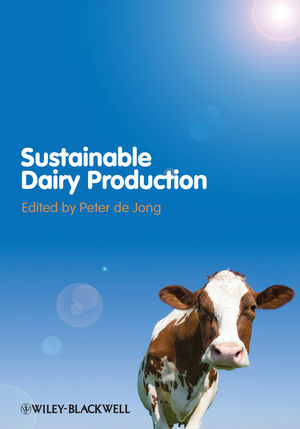Washington Watch: Prices Up, Production Still Down

Anti-obesity efforts and biosecurity rules top the list of FDA's Center for Food Safety and Applied Nutrition (CFSAN) priorities for the current fiscal year. In March FDA introduced its "Calories Count" initiative, and CFSAN said it will follow up with additional anti-obesity actions, including the launch of the rulemaking process on changes to the nutrition facts panel. In addition, the new rulemaking could cover changes on food packages regarding what could "reasonably be consumed on a single eating occasion." That action is intended to give more prominence to caloric content and the percent of Daily Value (DV) for calories. The International Dairy Foods Association said it was disappointed that rulemaking on the dairy industry's long-standing petitions for the use of liquid filtered milk in cheesemaking dropped in CFSAN's list of priorities. The petition was filed four years ago, but is at a lower point on the priority list than it was last year. "We're extremely concerned by CFSAN's downgrading the priority of this matter," said IDFA Senior Vice President Clay Hough. "It is still a top priority for us, and we will continue to press for action."
Looking for a reprint of this article?
From high-res PDFs to custom plaques, order your copy today!



